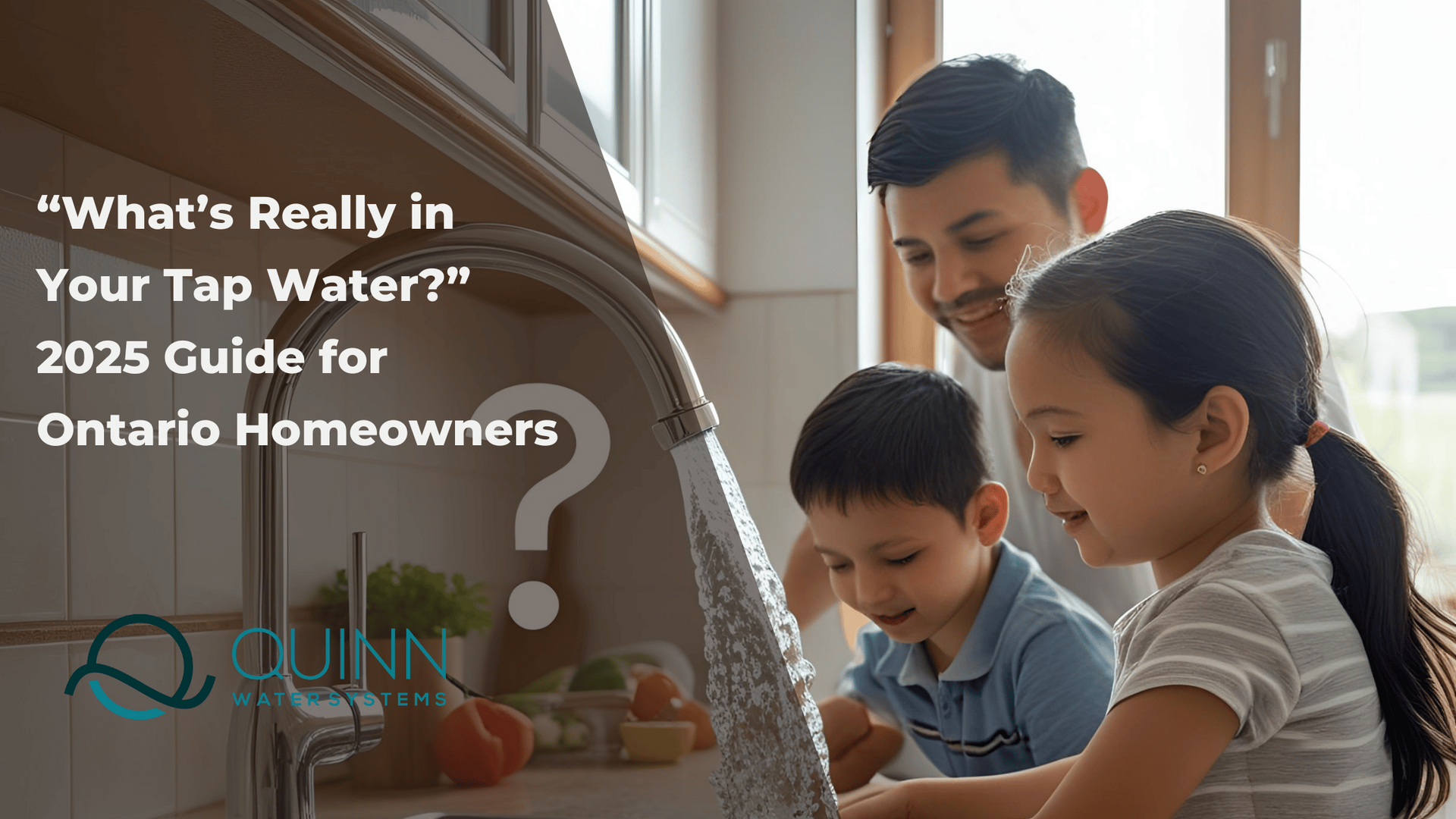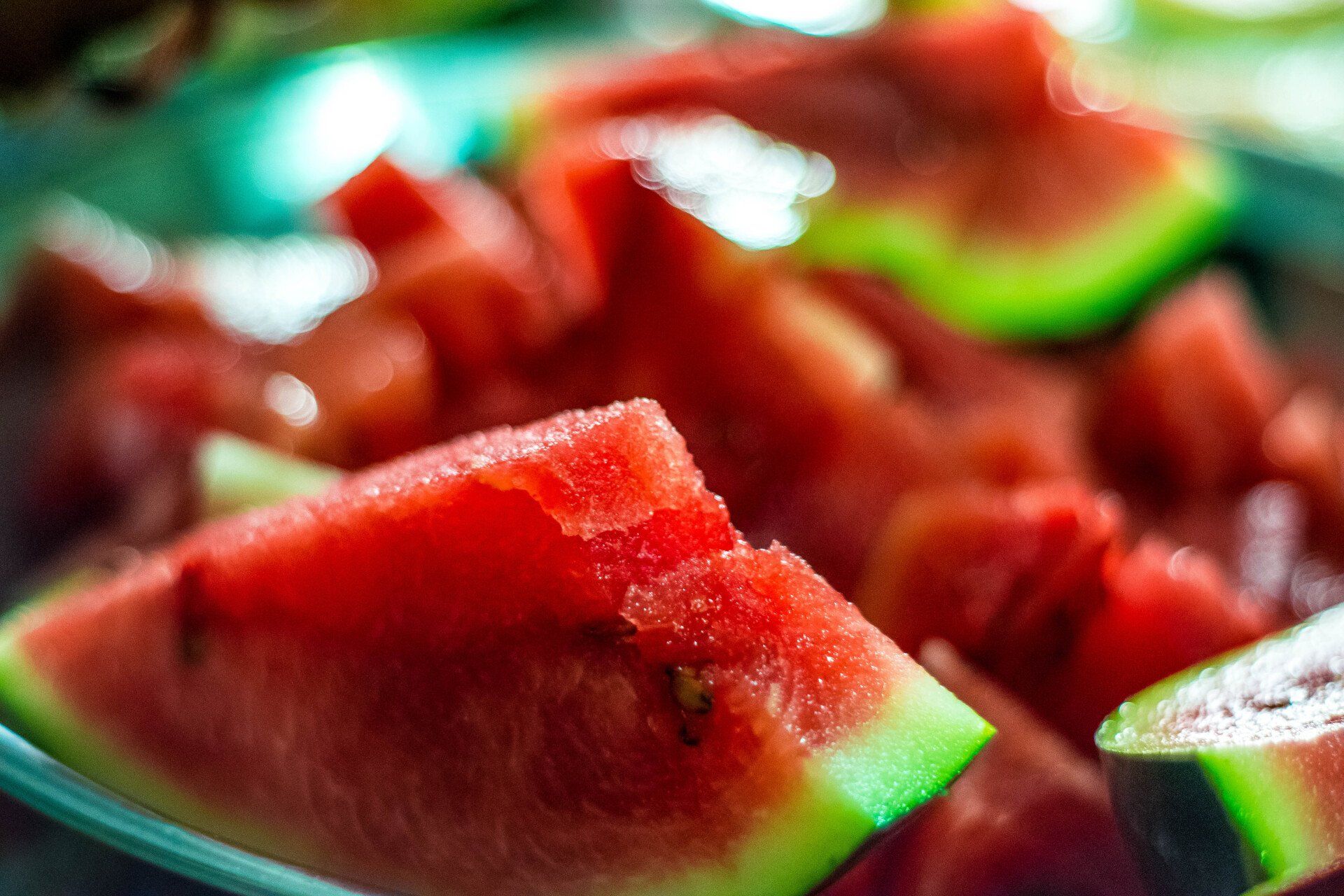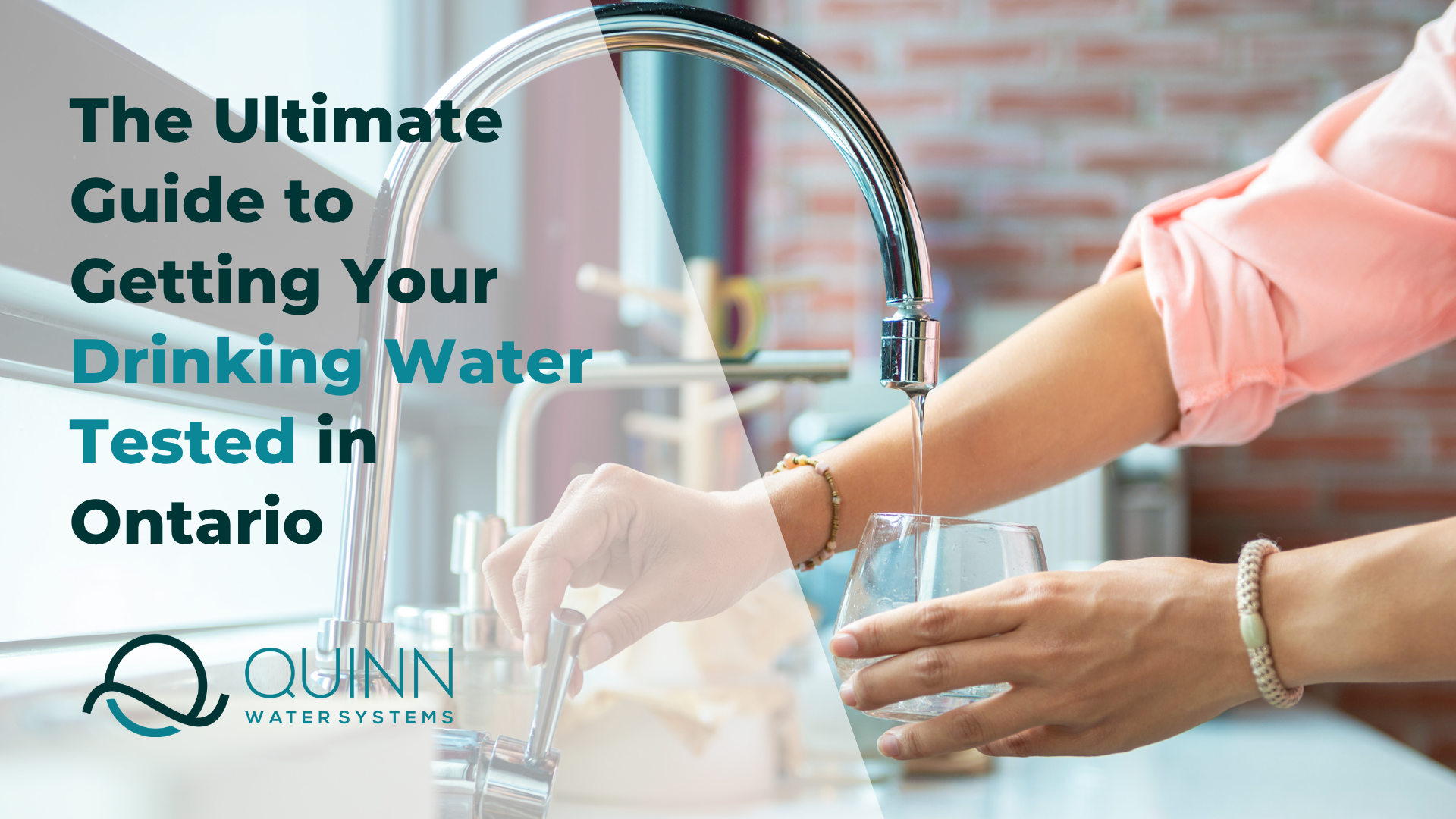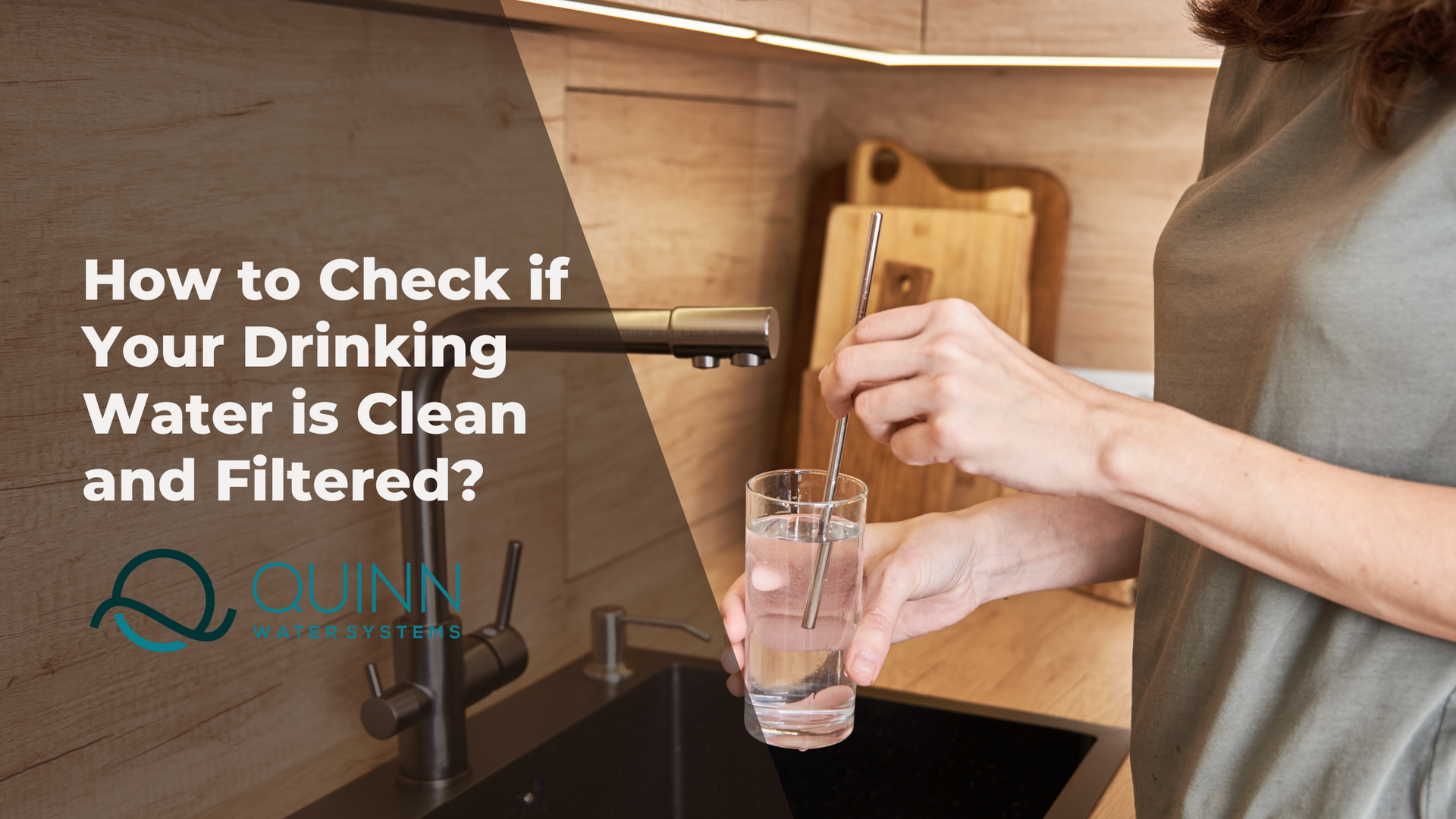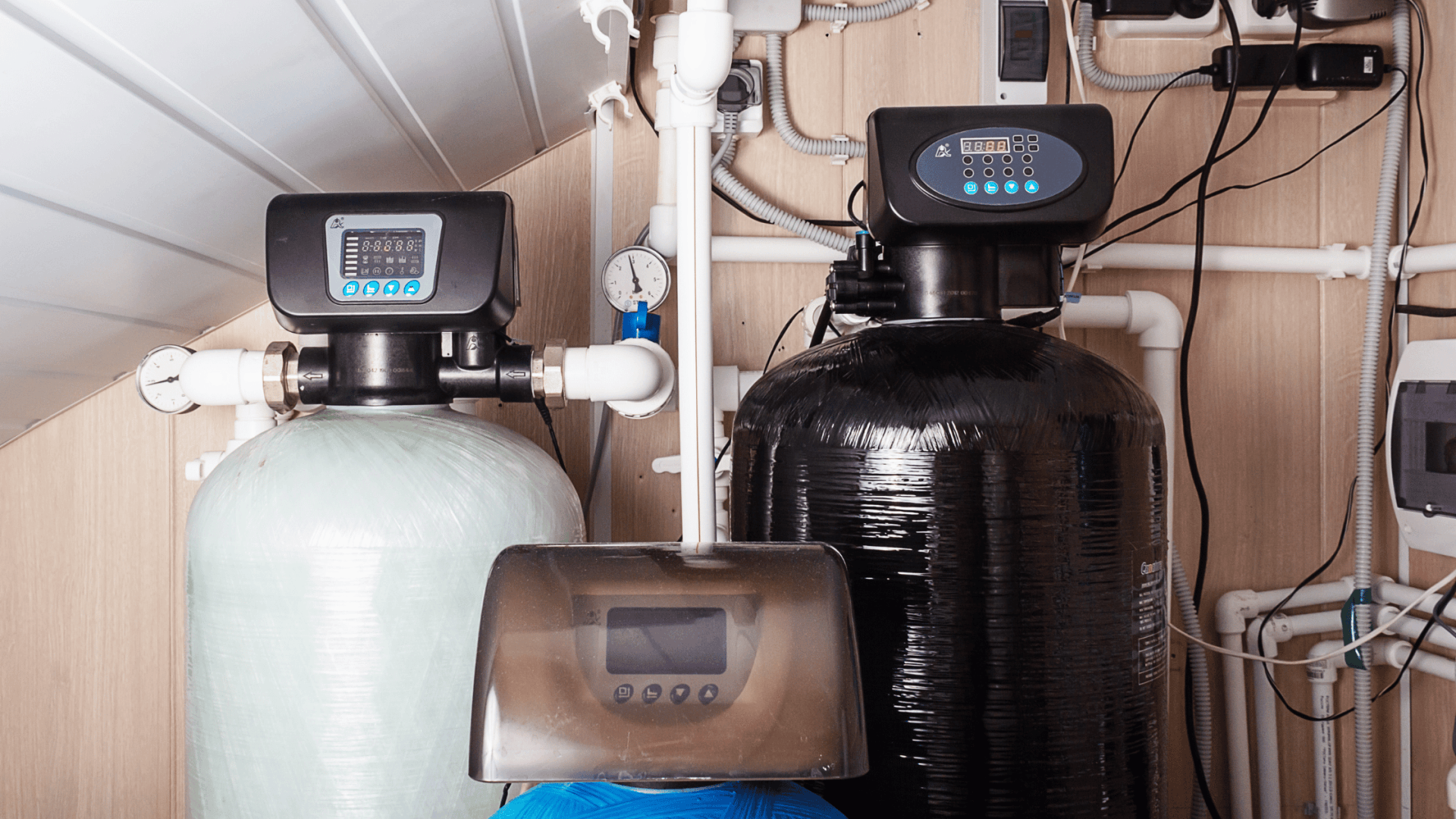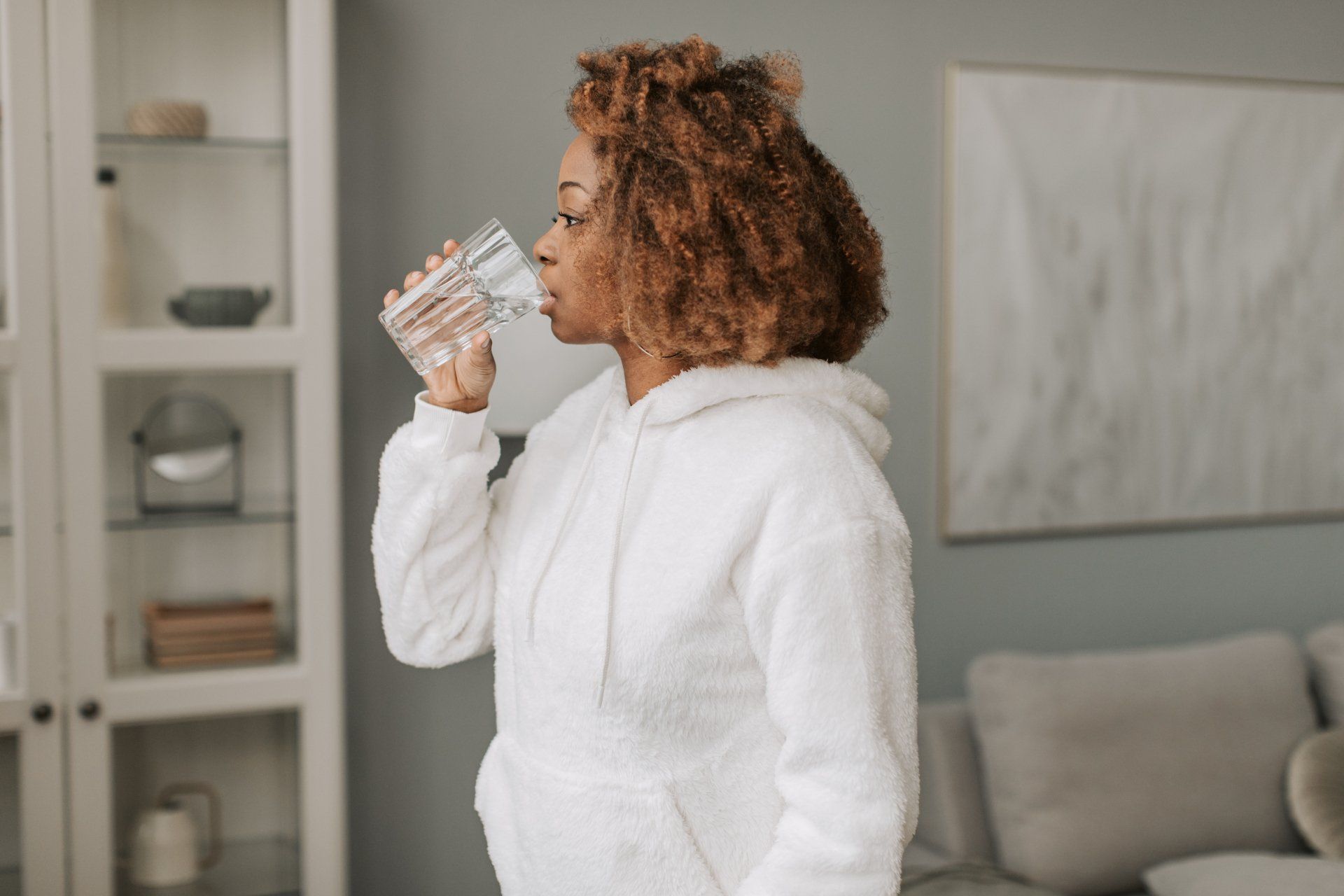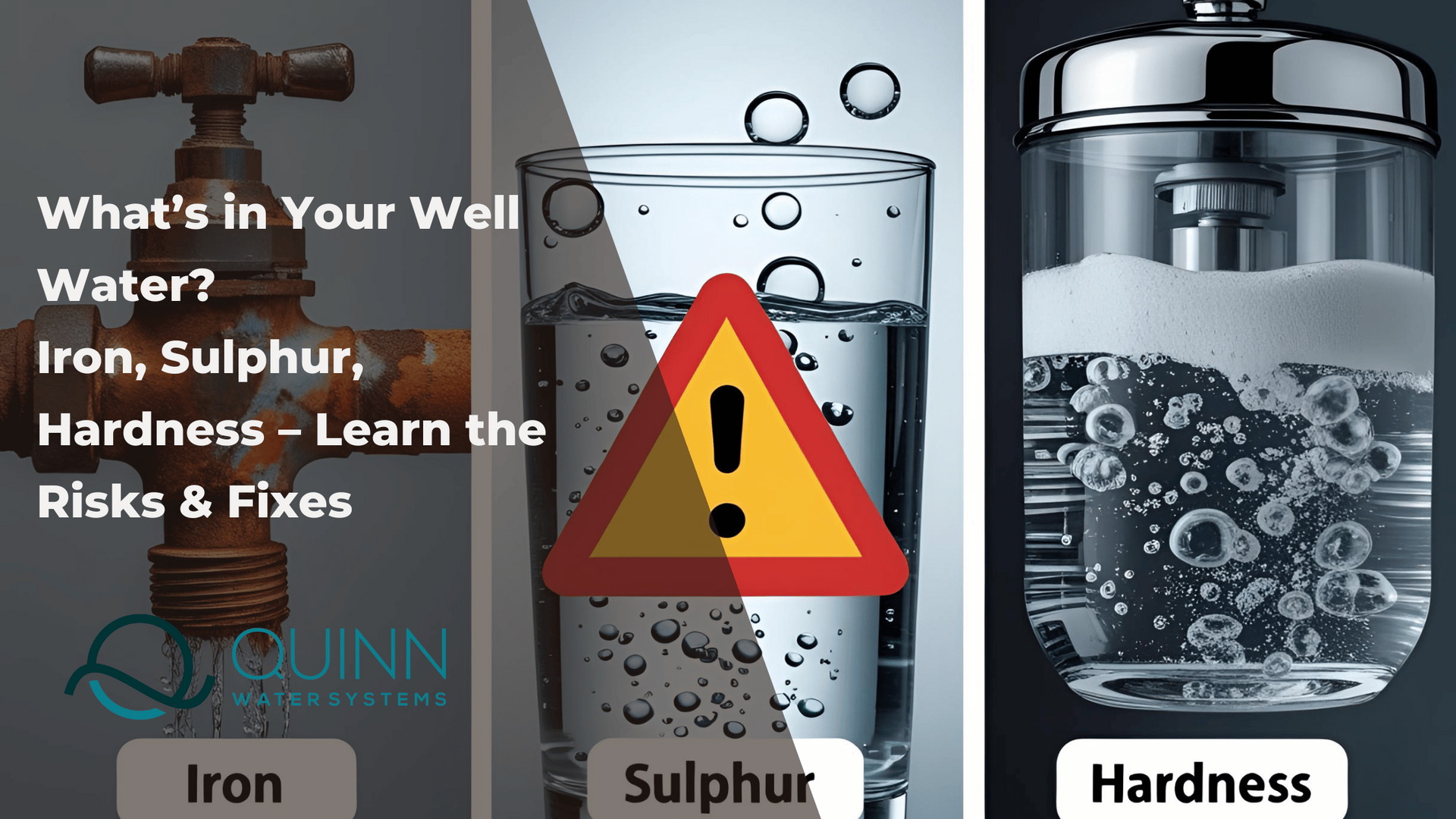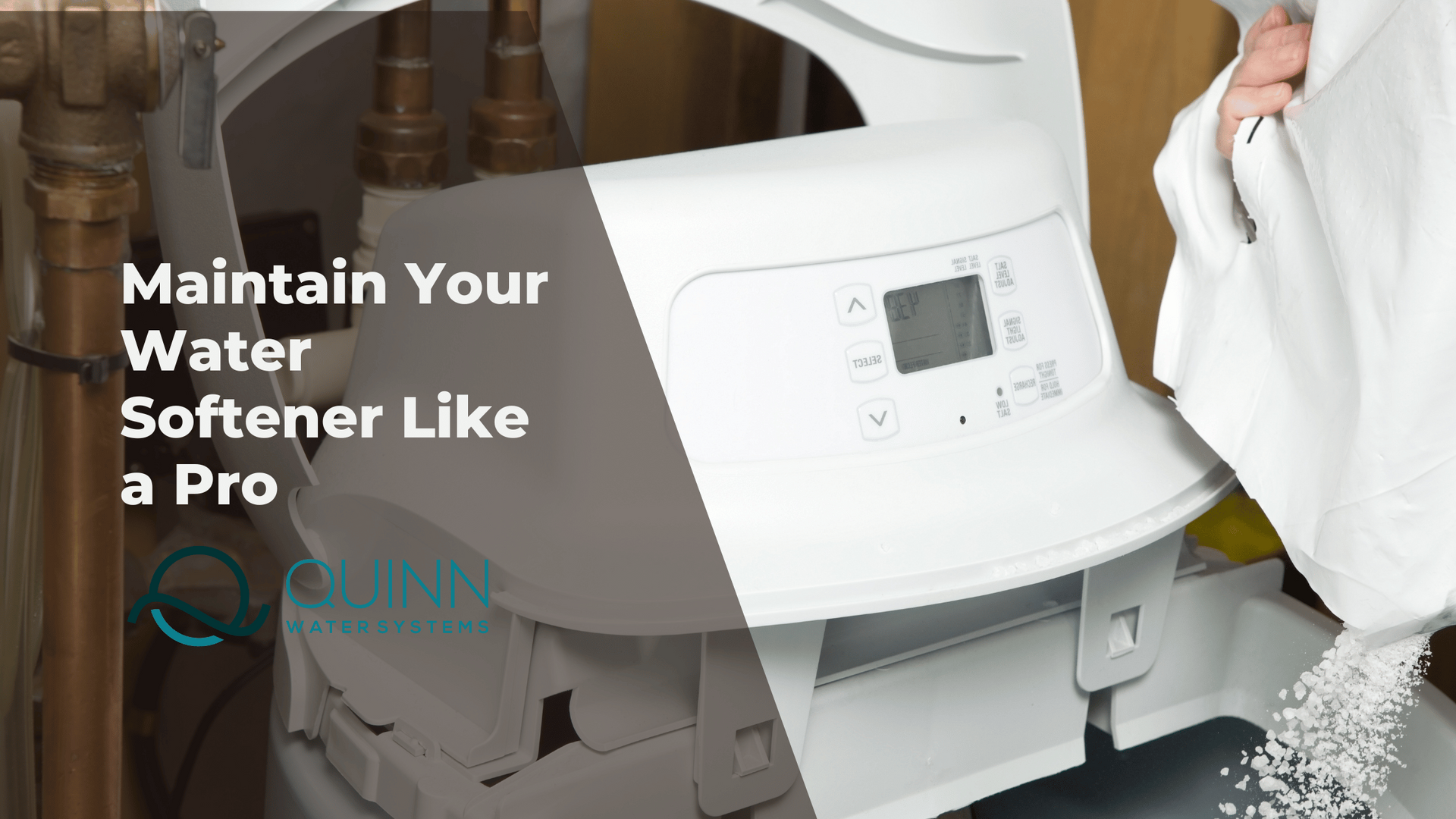- Watermelon - This fruit is about 92% water and contains electrolytes that help with hydration.
- Cucumbers - Cucumbers are 95% water and contain nutrients like vitamin C and potassium.
- Soups - Soups are a great way to hydrate and can be made with ingredients like vegetables and broth that are rich in water and electrolytes.
- Berries - Berries like strawberries, raspberries, and blueberries are high in water content and also contain antioxidants and fiber.
- Leafy Greens - Vegetables like lettuce, spinach, and kale are high in water content and provide essential nutrients like vitamins A and C.
Incorporating these hydrating foods into meals during Ramadan can help to keep the body hydrated and energized.
5 Tips for Staying Hydrated During Ramadan with Quinn Water Systems
Ramadan is a holy month observed by millions of Muslims worldwide. During this month, fasting from dawn until dusk is a crucial component of the religious observance. However, it is important to stay hydrated during this time to maintain good health and prevent dehydration. As a trusted provider of water treatment services in Ontario, Quinn Water Systems understands the importance of staying hydrated during Ramadan. In this blog post, we will share some tips and tricks to help you stay hydrated during the holy month of Ramadan, and how we can assist you in ensuring your water is clean, filtered, and safe to drink.

The importance of staying hydrated during the fasting period
Staying hydrated during the fasting period is essential for maintaining good health and avoiding dehydration. During Ramadan, the body goes without food and water for extended periods, which can lead to dehydration and various health problems. It is important to remember that the body relies on water to function correctly, including regulating body temperature, transporting nutrients, and removing waste. In fact, dehydration can lead to a number of health problems, such as fatigue, headaches, dizziness, and even fainting. To prevent these issues, it is important to consume enough water and other hydrating liquids during the non-fasting hours. This can help to maintain optimal hydration levels and ensure that your body is able to function properly throughout the fasting period. Therefore, ensuring adequate hydration is critical for maintaining optimal health and wellbeing, especially during the fasting period. Drinking enough water during the non-fasting period is also important to help prepare the body for the fast ahead.
Tip #1: Start hydrating early in the day
Starting to hydrate early in the day is important to help prepare the body for the long hours of fasting ahead. It allows the body to gradually adjust to the decrease in water intake and reduces the risk of dehydration. One way to increase water intake before the fast is by drinking water before bedtime and during Suhoor, the pre-dawn meal.
It's also important to avoid drinks that can cause dehydration such as coffee, tea, and sugary drinks. Instead, choose water or hydrating drinks such as coconut water, herbal teas, or fruit-infused water. A good way to track your water intake is to carry a water bottle with you and aim to drink a certain amount of water by specific times during the day.
Tip #2: Choose hydrating foods
Incorporating hydrating foods into the diet during Iftar and Suhoor is crucial for maintaining hydration levels. These foods are typically high in water content and help to replenish fluids lost during the day. Some examples of hydrating foods include:
Tip #3: Avoid sugary and caffeinated drinks
During Ramadan, it is important to avoid sugary and caffeinated drinks as they can lead to dehydration. Sugary drinks can cause a spike in blood sugar levels, which can lead to increased thirst and dehydration. Caffeine is a diuretic, which means it increases urine production and can lead to dehydration.
Some alternatives to sugary and caffeinated drinks include:
- Water - Drinking plain water is the best way to stay hydrated.
- Coconut water - Coconut water is a natural electrolyte and a good source of hydration.
- Herbal teas - Herbal teas like peppermint, chamomile, and ginger can be a good alternative to caffeinated drinks and also offer health benefits.
- Milk - Milk is a good source of hydration and also provides essential nutrients like calcium and vitamin D.
Tip #4: Use a water filtration system
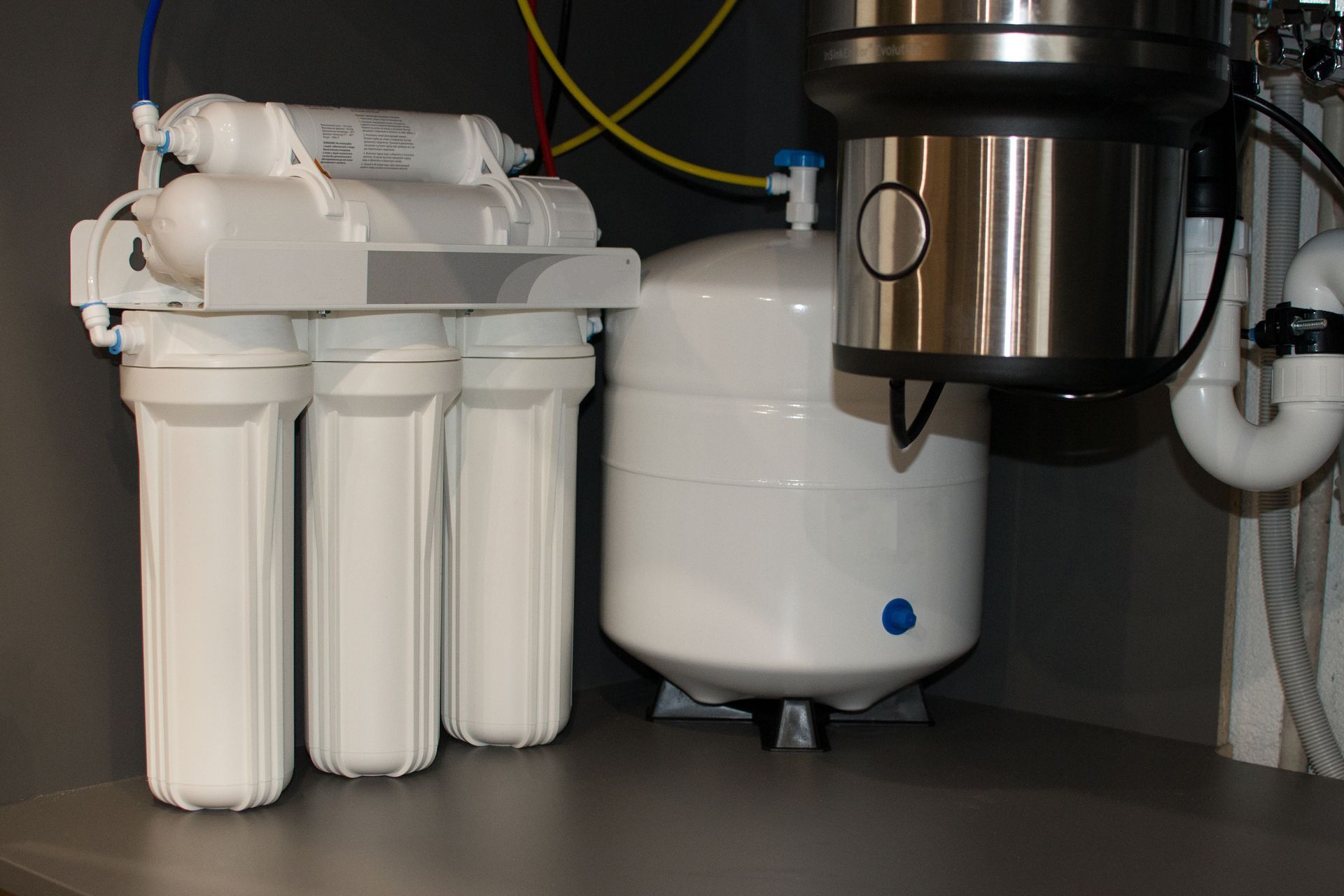
Using a water filtration system, such as those provided by Quinn Water Systems, can ensure access to clean and safe drinking water during Ramadan. These systems remove impurities and contaminants from tap water, providing a reliable source of safe drinking water for those observing the fast. Quinn Water Systems offers a range of filtration options, including whole-house systems and under -the-sink filters, to suit different needs and budgets.
In addition to ensuring safe drinking water, using a water filtration system also has several health benefits. Some drinking water filtration systems, such as those offered by Quinn Water Systems, use advanced technologies that not only remove impurities but also add essential minerals to the water, which can further support hydration and overall health. It can improve the taste and odour of water, making it more appealing to drink, and remove chlorine and other chemicals that can be harmful to health. This can help to reduce the risk of waterborne illnesses and improve overall health and wellness.
Tip #5: Monitor hydration levels
Conclusion
Staying hydrated during Ramadan is crucial for maintaining good health and wellness. To ensure access to safe and clean drinking water, using a water filtration system from Quinn Water Systems can be an effective solution. Additionally, incorporating hydrating foods, avoiding sugary and caffeinated drinks, and monitoring hydration levels can all help to maintain adequate hydration during the fasting period. Prioritizing hydration during Ramadan can help individuals to stay energized and focused, making the fasting experience more manageable.
Blog Posts
Share this blog
Blog Posts
